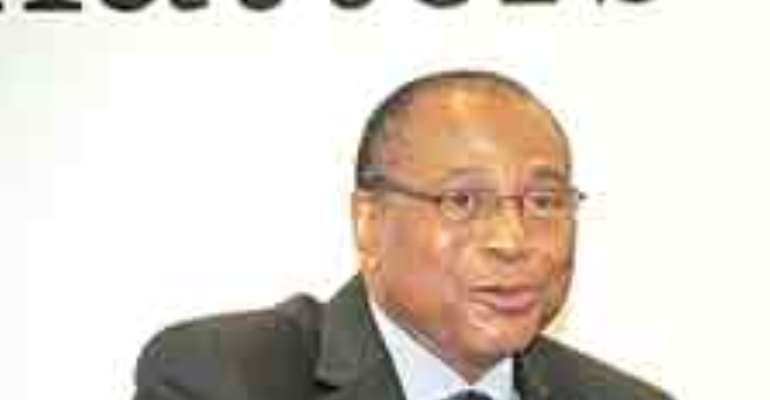Telecoms operators and poor service delivery – Guardian

Against the background of public outcry over poor service delivery to consumers by telecommunications companies, the threat by the Federal Government to prosecute errant operators that continue to render poor quality service is in order. This should, however, not be an empty threat. Government should wield the stick by prosecuting the poor service providers. That would be a viable way to deal with the vexatious situation.
It is common knowledge that the operators are practically ripping off Nigerians. As far as their services are concerned, Nigerians have been largely short-changed. The last 18 months, in particular, have witnessed the worst service regime. Making or receiving calls is a most frustrating experience. And the other services using broadband are not better. There is little value for money. Sadly enough, there is no effective channel of complaints and getting redress.
The Nigeria Communication Commission (NCC), the umpire, appears too weak or too set in its ways to act. As the agent of government, the NCC has a duty to ensure that telecoms services are up to standards. But this is not the case. The failure of the NCC to be responsive to its duty has given too much to the operators. This is why the Federal Government should intervene to change the situation for better.
The plan to prosecute errant telecoms operators was mooted recently in Lagos at a joint news briefing addressed by the Minister of Communications Technology, Omobola Johnson; Director General of Consumer Protection Council (CPC), Dupe Atoki and the Executive Vice Chairman, Nigerian Communications Commission, Eugene Juwah.
According to Atoki, errant operators risked prosecution and up to five-year jail term if it was revealed that they had deliberately short-changed Nigerians through poor service delivery. She reiterated that the CPC has the power to sanction, prosecute and compel any product or service provider to answer a lawful inquiry, of which disobedience is criminalised.
On her part, Mrs. Omobola Johnson lamented that, daily, Nigerians are faced with poor network service delivery. Among other things, she said this makes it impossible to receive calls while also experiencing drop calls, lack of sustainability of calls, unsolicited text messages at odd hours, unsolicited telemarketing, deceptive broadband speed adverts and failure to compensate consumers for poor services.
Although the operators had listed their challenges as multiple regulation and taxation; illegal access denials and site shut-outs; inadequate power supply; lack of incentives to drive service penetration to remote and rural areas; rent seeking charges for permits and approvals necessary for development and insecurity, among others, Mrs. Johnson said consumers cannot continue to bear the burden of poor service delivery. Granted that the operators have their own challenges, the truth is that they could do better by delivering acceptable quality service.
Having said that, it is important to stress that the Ministry of Communications Technology is not without blame. There is no close monitoring of what is happening with a view to correcting it. For instance, the networks are overloaded with adverts, which interfere with services. There are too many thefts of handsets that are not tracked. The PUK code, which should be used to block stolen handset is not utilised.
Charges are exorbitant. Sometimes, very deceptive low charges are advertised, which are never applied in reality. Many advertisements of charges in kobo per second are deceptive. Unsolicited services are charged to the chagrin of users. Internet services are offered and charged beyond what it should be despite the low capacity. Therefore, there appears to be no standards in the operations.
Nigerians could get better deal if the regulators do their job by applying international best practices. But this has not been the case because the NCC appears to have been compromised and there is dereliction of duty on the part of the Commission. The ministry should wake up to its responsibility. It should pressure the NCC to ensure that better services are provided. The exorbitant call charges are a major headache. Elsewhere, charges automatically cut off once call is stopped. But in Nigeria, this is hardly the case.
The NCC ought to be transparent. There should be information on how many calls are made in Nigeria and the costs. The law gives NCC power to prosecute offending service providers. But too much hobnobbing with the operators would not make for diligent supervision and prosecution, where necessary. The Consumer Protection Council should also stop grandstanding and start doing a better job of protecting Nigerians to ensure that they get value for their money.
